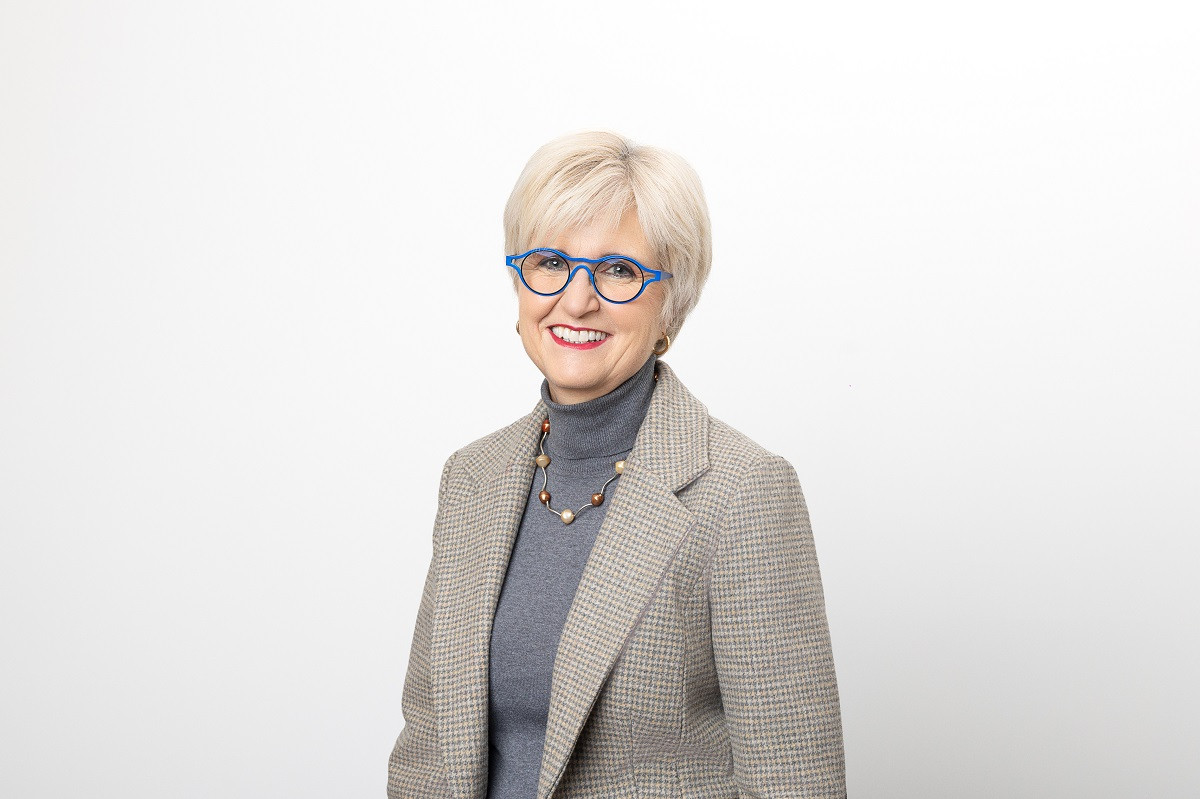On 29 April 2025, EIGE Director, Carlien Scheele, attended an online a workshop organised by Inter Pares in cooperation with the Parliament of Uzbekistan (Oliy Majlis) sharing the Agency’s latest data and insights on gender-sensitive parliaments.

Dear colleagues,
It’s my pleasure to be here with you today. Thank you to Inter Pares for this opportunity to present my Agency’s evidence on gender-sensitive parliaments.
Evidence which truly matters for gender equality.
Helping us to better understand where parliaments are in their progress towards gender equality and how we can advance further by designing evidence-based measures.
To put it bluntly, gender sensitive parliaments are a gateway for democracy. And let’s be clear, there is no true democracy without women and gender equality.
And at a time when democracy is under increasing strain, it’s more important than ever to celebrate progress where we find it, and to use those achievements to harness hope for the future.
It’s encouraging to know the priorities in this room are mutually shared and practiced
It's great to learn about the important and impressive strides for gender equality the parliament of Uzbekistan has made, which can serve as inspiration for other countries.
It’s not just a vision for gender equality on paper; it’s commitment through action.
But coming closer to home, I am going to share with you where parliaments in the EU stand on their path to gender equality.
We all know the concerning turning point during the 2024 European elections.
My Agency’s evidence from the Gender Statistics Database showed that it was the first European elections to result in a decrease in women Members of the European Parliament.
A total of 278 women (38.7 %) and 441 men (61.3 %) took their seats at the constitutive session of the new European Parliament in July last year. This is a decrease from 41% of women elected in May 2019, when gender-balanced was achieved.
But let me balance that with some better news.
Our evidence found that as of November last year, the European Parliament bureau is gender balanced. Presided by Ms Roberta Metsola as speaker of the parliament, there is a total of 15 members, including 8 women.
But then, looking at a different structure, we see the leaders of political groups in the European Parliament are still mostly men, as they hold 8 of the 13 leadership positions
Moving onto national parliaments: they are lagging on progress.
Women account for one in three MPs. And this comes down to the fact that there are not enough women candidates to elect women!
Our data shows no progress since 2019 on this front. Women still account for 34% of candidates according to the most recent elections across 20 EU Member States for which data is available.
Given that the political parties that control the selection of candidates are mostly led by men, it’s no surprise this is the reality.
Across the EU, three out of four party leaders are men.
That leads me to a resolute conclusion: Gender balance both amongst MEPs and national MPs, is higher in countries with legislative quotas than those without.
But representation is not the start and finish for gender-sensitive parliaments.
A working environment that is free from any form of gender-based discrimination, harassment or violence and conditions that respect the work–life balance are crucial to ensure that both MPs and parliamentary staff can contribute fully to the work of the parliament.
Moving to gender equality structures and use of gender mainstreaming tools, here I need to congratulate the European Parliament. Who is leading by example through active commitment to mainstreaming gender equality in its structures and practices by reflecting women’s needs and interests.
The European Parliament is one of the few parliaments in the EU with a Gender Action Plan. The Committee on Women’s Rights and Gender Equality (the FEMM) is one of the 20 European Parliament standing committees with legislative capacity and has a central role in promoting gender equality, women’s rights and gender mainstreaming.
But not all national parliaments have gender equality bodies, and the use of gender mainstreaming tools is limited.
This is where my Agency’s expertise comes forward for support.
Our gender-sensitive parliaments toolkit can help parliaments across Europe and beyond take decisive, structured, and effective action towards achieving gender equality. When parliaments operate in a gender-responsive manner, they represent their societies more fairly, make better decisions, and create policies that benefit everyone.
It is not enough to support gender equality in principle, we must actively integrate it into our daily work and decision-making structures.
We see what happens when gains are undone – and how quickly it can happen.
So, with that, I hope today has equipped you with what you need to know about where parliaments stand on their way to gender equality and why greater gender sensitive legislation needs to be a political priority.
Because when our parliaments are gender-sensitive, our democracies become more inclusive, more representative, and ultimately, more resilient.
The responsibility and the power to drive this change lies with each of us.
Thank you.